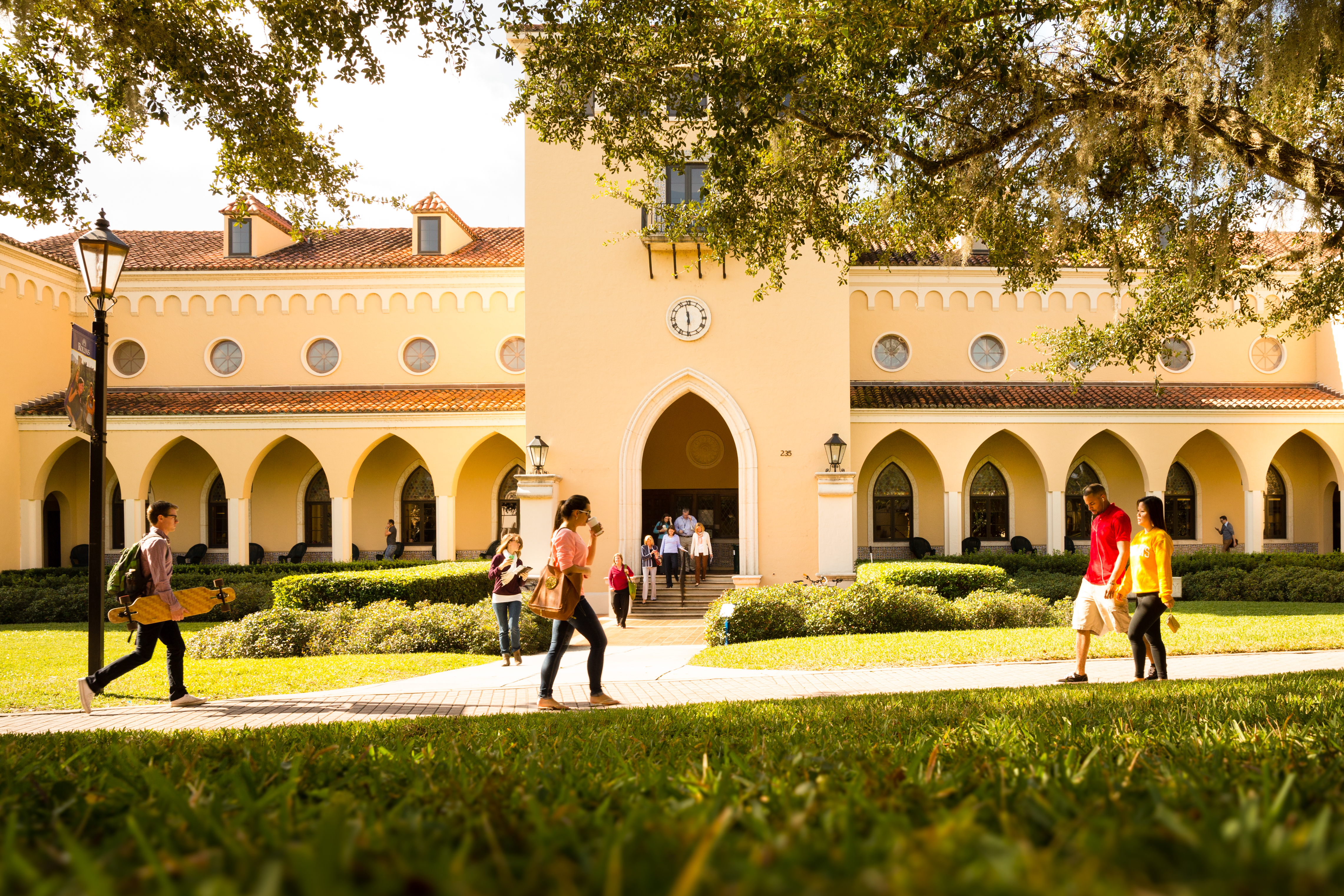“Inequality, Diversity, and Democracy”
The neighborhood When Cultures Collide specializes in the analysis of cultural conflicts and evolution visible in the United States and the world. A class within that neighborhood, “Inequality, Diversity, and Democracy”, taught by Political Science Professor Donald Davison, looks to analyze the simultaneous increases in income inequality and ethnic diversity within the United States.
“I teach in the areas of racial discrimination, civil rights, and economic inequality,” said Davison. “I want this to be a natural setting where students who are not social science majors can be exposed to this theme.”
Students are encouraged to think critically about different individual’s perceptions of inequality and how different factors can impact one’s understanding of their social class or definition of democracy.
The course’s objective is to give students a better understanding of the discrepancies concerning opportunity afforded in the United States. Dr. Davison hopes to accomplish this by having students conduct research using surveys, and compare it to preconceived theories about cultural conflict and equality.
“I hope to use substantive information to reinforce learning objectives like critical thinking and ethical reasoning,” he said. Davison wants students to “be aware and informed about these important issues rather than relying on the rhetoric of the media.”
“Global Development”
The Social Entrepreneurship and Business major at Rollins strives to foster a desire in students to seek and understand the problems the world faces, and help develop innovations and strategies to combat them. “Global Development”, a class taught by Dr. Tonia Warnecke, is no exception. The class studies issues, policies, and inequality facing developing countries.
“I started teaching development courses that required a background in economics,” said Warnecke, “but I think these topics are important for everybody to know so I wanted to teach a class that was open to all majors.”
In order to measure their effectiveness, goals set by the United Nations and other agencies are analyzed. Students are given a developing country to research and must also write a report about a specific policy that they want to learn more about. “‘Global Development’ seeks to understand what solutions and strategies work and are being deployed in struggling nations. I want students to leave with a broad understanding of critical international development issues but also be empowered about ways they can make change today and in their future,” said Warnecke.







Be First to Comment